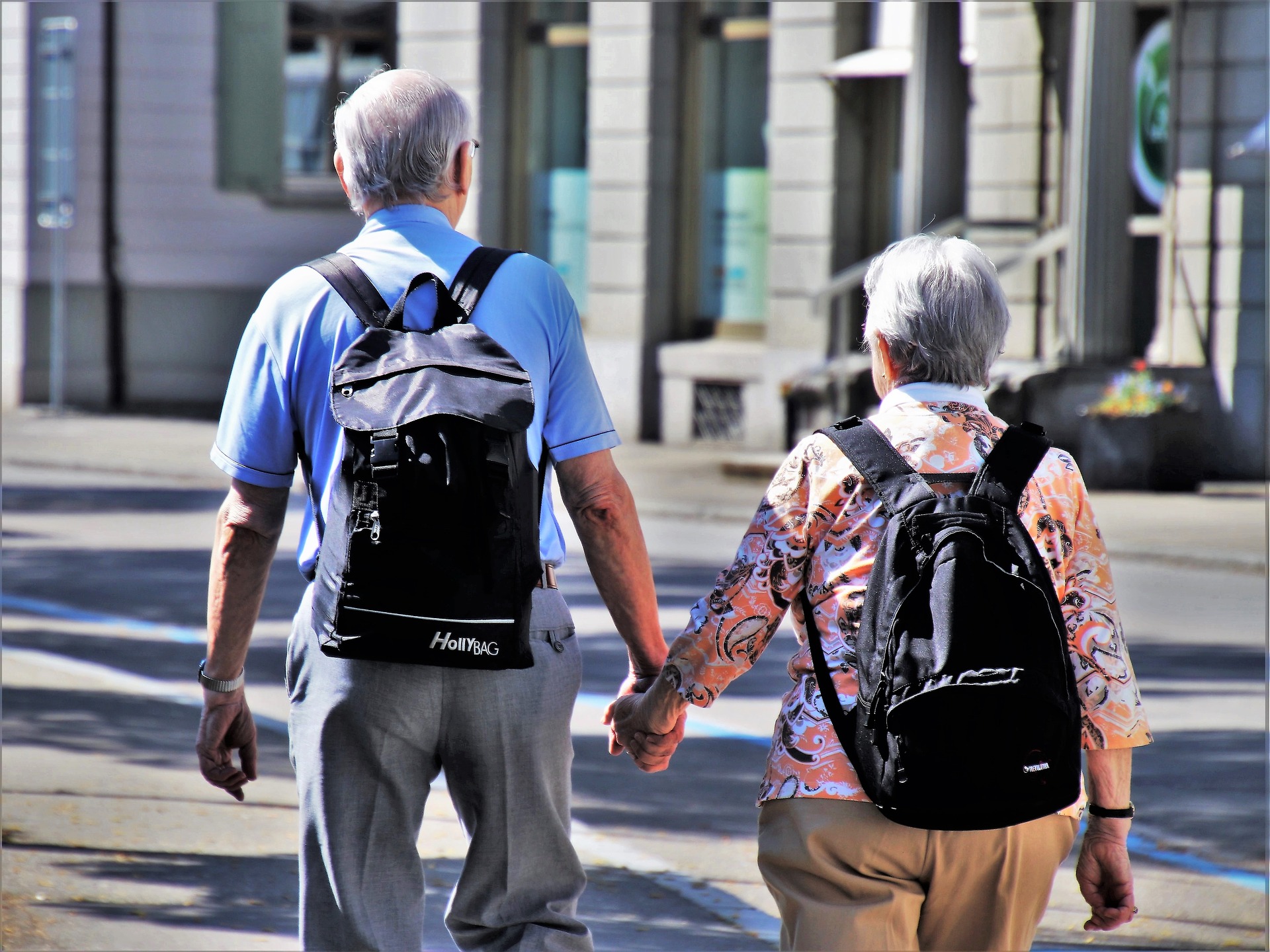Blog & Resources
Does Muscle Mass Decline with Age?
Many people hate to see the number on the scale go up as they grow older. But they don’t realize that as they’re gaining weight, they’re losing muscle too.
The average person loses about 1% of muscle every year after about age 50.
A couple reasons for this is lower levels of testosterone and estrogen in older people mean the body maintains less muscle. A person’s genes influence how much they’re likely to lose. Getting sick or injured, and particularly spending time in the hospital, can shrink muscles. So, can inflammatory conditions such as arthritis.
Another factor are yo-yo diets as they will always cause people to lose at least a bit of muscle, and they tend to regain those pounds in the form of fat.
If you aren’t using your muscle you will lose your muscle, it’s as simple as that.
Muscle helps burn calories, and it acts as a storage depot for crucial proteins that help you recover from injury or illness. It also becomes harder to do day to day activities like carrying and keeping up with the grandkids, or traveling and hoisting luggage around.
Whether you are 50, 70, or even 90 you can re-gain muscle mass.
Exercise is the way to go about regaining some lost muscle as you age. Specifically, resistance exercises such as weight training, two or three times a week. Free weights and body weight exercises, such as squats and sit-ups, can do the job.
A great way to regain muscle in a safe and effective manner and to avoid injury — particularly for those who are out of shape or have other health problems is to have supervision. That can mean using a personal trainer. We have the solution, if you want the results!
Getting enough protein is key to maintaining or building muscle. In the Health ABC Study, a large study of older adults, those who kept their muscle were the ones who ate the most protein. Most people get plenty through their diets; We recommend 1 gram of protein per pound of body weight a day. It’s best to spread that protein intake across your three daily meals rather than having it all at dinner.
If you’re not getting enough protein, we recommend protein supplements like powders, shakes, and bars. We carry a full line of top of the line protein supplements and vitamins to ensure you are getting the proper nutrition.
